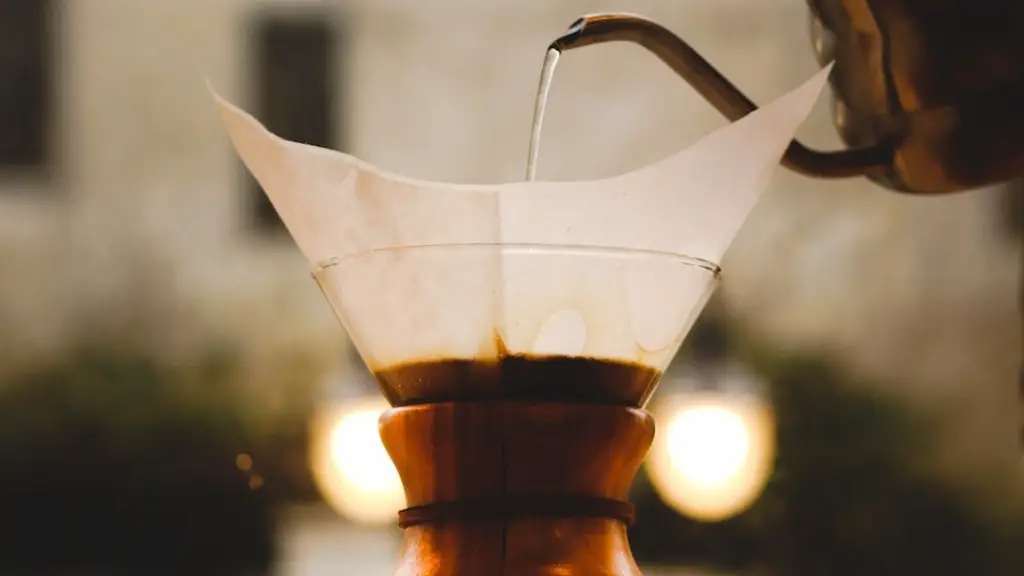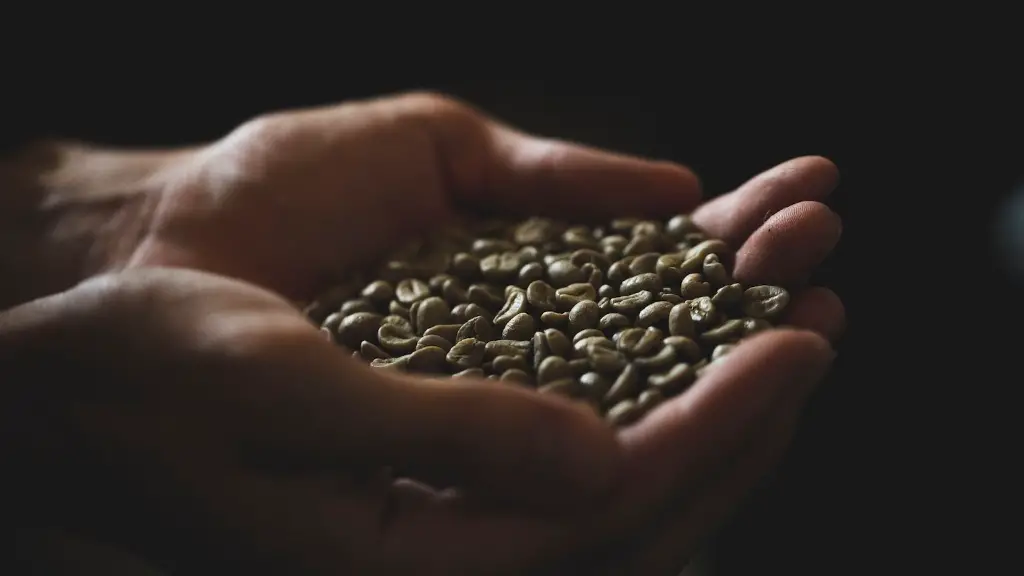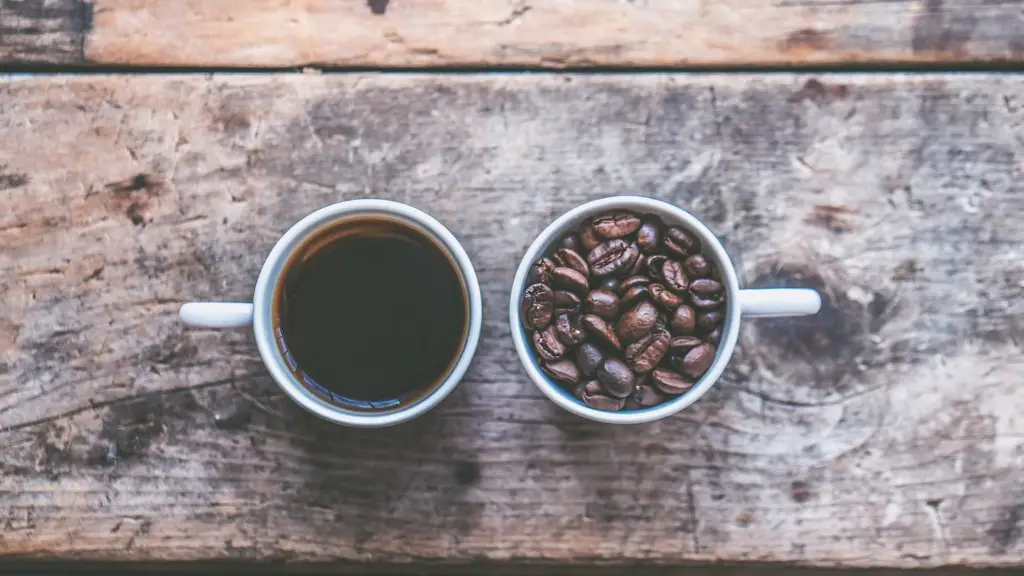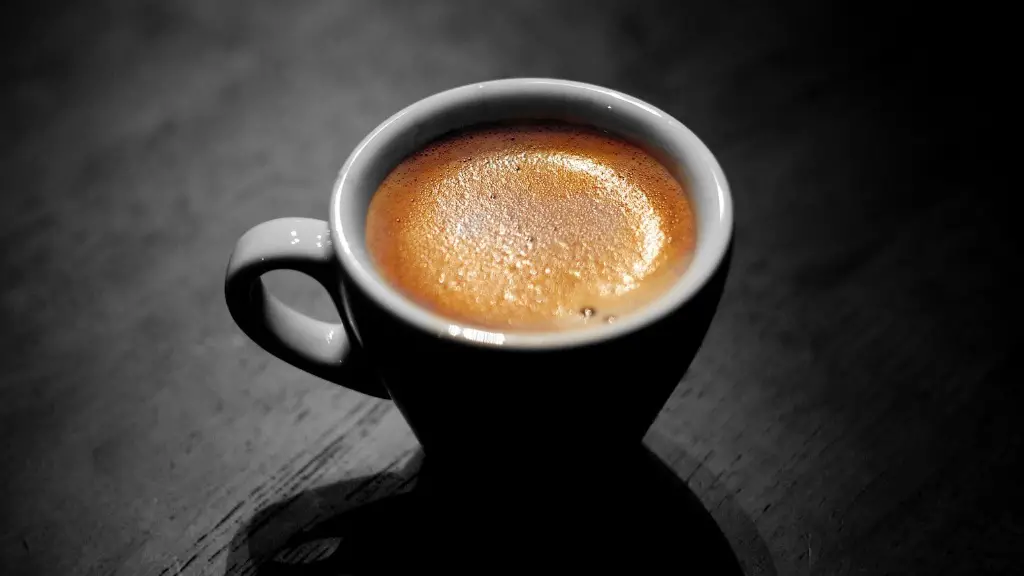Coffee is a popular beverage that millions of people enjoy every day. It provides an energizing boost to help get through the day, and can even improve focus and concentration.
But when is the best time to drink coffee? The answer depends on a few factors, such as your own body’s natural rhythms, how much sleep you’re getting, and how much energy you need at certain times of the day.
Generally speaking, the best time to drink coffee is in the morning, as this gives your body an early kickstart of energy and helps you stay alert throughout the day. However, for some people who have trouble sleeping at night or are sensitive to caffeine, drinking it later in the afternoon or evening may not be a good idea.
Pros and Cons of Drinking Coffee in the Morning
Drinking coffee in the morning can be an effective way to give you an energy boost for your day. It can help wake you up, provide a kick-start to your metabolism, and help you focus on work or school. However, there are both pros and cons to consider when it comes to drinking coffee in the morning.
The main benefit of drinking coffee in the morning is the energy boost it provides. The caffeine found in coffee helps to increase alertness, focus, and concentration. Additionally, some studies have shown that drinking coffee may have positive effects on physical performance, such as improved reaction time and increased endurance.
However, there are some drawbacks to drinking coffee in the morning. Caffeine can cause dehydration if too much is consumed. Additionally, drinking too much coffee can lead to jitteriness and insomnia if not regulated properly. Furthermore, regular consumption of caffeine may lead to tolerance over time which may require an increasing amount of caffeine for the same effects.
When it comes to deciding when is the best time to drink coffee, it is important to consider both its benefits and drawbacks. For those who need an energy boost during their day or for those who use caffeine for performance purposes, early morning might be the ideal time for consumption. However, those who are sensitive should opt for a later time or limit their intake altogether.
The Impact of Caffeine on Sleep Quality
Caffeine is a stimulant that can have adverse effects on the quality of your sleep. It can take hours for the body to metabolize caffeine, and it can interfere with the natural sleep-wake cycle. When you consume caffeine late in the day, it can disrupt your ability to fall asleep and stay asleep. Additionally, drinking too much caffeine can lead to restlessness during sleep and reduce overall sleep quality.
The best time to drink coffee is earlier in the day, ideally before noon. Caffeine has a half-life of about five to six hours, so it will stay in your system for several hours after consumption. If you drink coffee too late in the day, the caffeine may still be in your system when it’s time to go to bed. To avoid this problem, try limiting your coffee consumption to before noon if possible.
It’s also important to be aware of how much caffeine you’re consuming each day. Too much caffeine can have negative effects on your health and disrupt your sleep cycle. Aim for no more than 400 mg per day and avoid drinking caffeinated beverages late at night if you want to maintain good sleep quality.
Advantages and Disadvantages of Drinking Coffee in the Afternoon
Coffee is a popular beverage enjoyed by many people around the world. While there are many positive benefits to drinking coffee, there are also some potential drawbacks. In regards to drinking coffee in the afternoon, it can be a great way to give yourself an energy boost and help you stay focused on work or school tasks. However, there are some potential disadvantages that should be considered when deciding whether or not to drink coffee in the afternoon.
One of the main advantages of drinking coffee in the afternoon is that it can provide a quick energy boost. Caffeine acts as a stimulant, helping you to feel more awake and energized. This can be especially beneficial for those who suffer from fatigue or lack of motivation later in the day. Additionally, the caffeine found in coffee can help improve alertness, which can be useful if you have to stay up late working on something important.
On the other hand, one of the drawbacks of drinking coffee later in the day is that it may interfere with your sleep schedule. Caffeine has been shown to disrupt sleep patterns and make it more difficult for your body to relax at night, leading to fatigue and poor quality rest. Therefore, it’s important to consider if having an afternoon cup of joe is worth disrupting your sleep cycle.
Overall, when deciding whether or not to drink coffee in the afternoon, it’s important to weigh both the advantages and disadvantages carefully. If you feel like you need an energy boost later in the day, then having a cup may be beneficial for you – but make sure that it won’t affect your sleep schedule negatively.
Benefits of Drinking Coffee Before Workouts
Coffee is a great way to get an extra boost of energy before a workout. It can help increase alertness and focus, improve endurance and strength, and even burn more calories. Caffeine can also help to reduce perceived exertion, which means you can work harder for longer. When it comes to when the best time to drink coffee before a workout, it’s important to consider how quickly the caffeine is absorbed into your system. Generally, it takes about 30 minutes for caffeine to be fully absorbed, so drinking coffee about 30 minutes before your workout is ideal.
It’s also important to note that too much caffeine can have negative effects on your performance. Over-consumption of coffee or other caffeinated beverages can lead to dehydration, jitters or restlessness, or even stomach issues. To avoid these problems and get the most out of your coffee pre-workout routine, stick with one cup of regular brewed black coffee or one shot of espresso (about 65 mg) and drink plenty of water throughout your workout session.
By drinking coffee before a workout, you can maximize the beneficial effects while minimizing any negative side effects. This will give you the energy boost you need to tackle your workout with confidence while also helping you reach your fitness goals faster and more effectively.
Health Risks Involved in Drinking Too Much Caffeine
Consuming too much caffeine can have serious health risks. It can lead to increased heart rate, elevated blood pressure, dehydration, headaches, digestive issues, restlessness, and insomnia. Caffeine is a stimulant and when consumed in high amounts it can cause restlessness, irritability, and difficulty sleeping. Long-term overconsumption of caffeine can also lead to addiction. It is important to note that everyone’s tolerance to caffeine is different.
When it comes to drinking coffee the best time would be in the morning or early afternoon. Coffee is best consumed early in the day because it gives you an energy boost and helps you stay focused throughout the day. Avoid drinking coffee late at night as it can interfere with your sleep cycle and negatively affect your health. If you are looking for a boost of energy later in the day try having green tea instead which has lower levels of caffeine than coffee.
How Much Caffeine Should be Consumed Daily
Caffeine is a popular stimulant and it can be found in many common beverages like coffee and energy drinks. While caffeine can give you an energy boost, it is important to remember that too much caffeine can lead to negative health effects such as headaches, insomnia, and increased heart rate. The average person should consume no more than 400 milligrams of caffeine a day, which is equivalent to about four cups of coffee. However, individual needs may vary depending on age and health concerns, so it’s best to talk to your doctor before consuming large amounts of caffeine.
When it comes to drinking coffee, the best time is usually in the morning or early afternoon. This allows you to get the energy boost without disrupting your sleep cycle. It’s also important to pace yourself, as drinking too much coffee in one sitting can lead to an uncomfortable caffeine crash later in the day.
To Sum it All Up
When it comes to drinking coffee, it all depends on your personal preference and lifestyle. The best time to enjoy coffee is when it satisfies both your taste buds and your body. Some people prefer to drink their morning cup of joe to get their day started, while others enjoy a cup after lunch or dinner for a nice afternoon pick-me-up. No matter what time of the day you decide to indulge in a cup of coffee, make sure you’re drinking quality beans that are freshly roasted.





